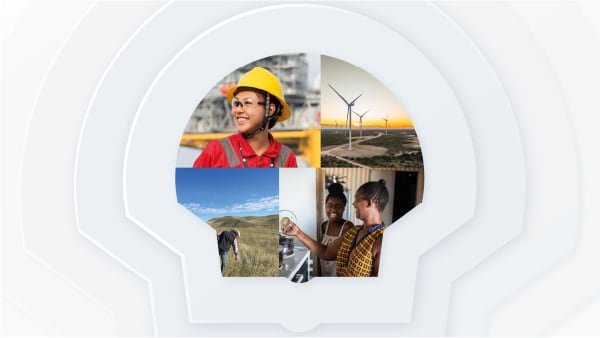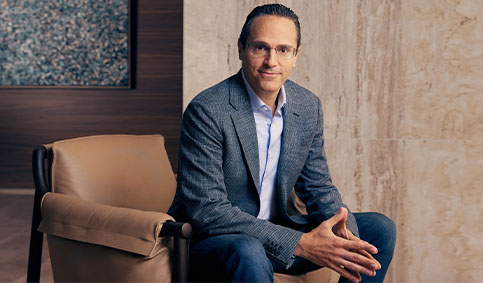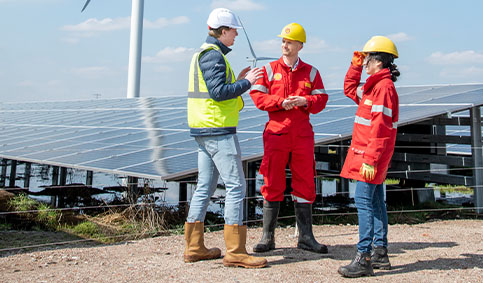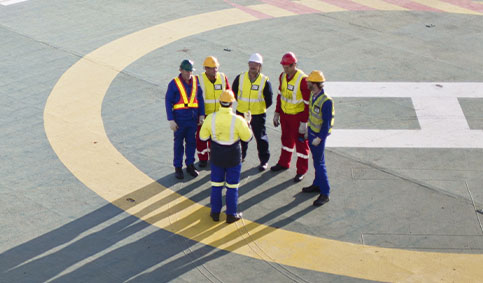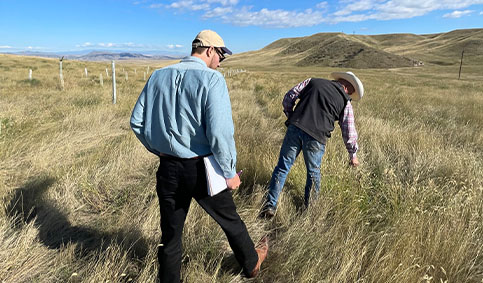Engaging with communities
We engage with communities as part of our approach to respecting human rights, including providing access to remedy.
Our HSSE & SP Control Framework [A] helps us to operate responsibly and avoid or minimise potentially negative social impacts of our operations. The requirements set out in the framework also help us to maximise benefits arising from our presence, such as providing local employment and contractual opportunities. When we divest assets or exit areas, we apply well-established processes to guide our risk assessment with the aim of leaving a positive legacy.
[A] We are transitioning from the HSSE & SP Control Framework to our new Safety, Environment and Asset Management (SEAM) Standards as part of the Shell Performance Framework. The SEAM Standards will come into effect in mid-2024.
We have community feedback mechanisms at our operations and projects to receive, track and respond to questions and complaints from community members. This enables us to capture and resolve concerns quickly in a transparent way, and to track our performance. We have been receiving and managing community feedback for more than 10 years, guided by the International Finance Corporation standards and then by the UN Guiding Principles for Business and Human Rights. In 2023, we received feedback at 80 sites in 26 countries.
Since 2020, we use our online community feedback tool to track and respond to questions, complaints and feedback that we receive. It allows our network of 148 community engagement practitioners to document feedback and outcomes. They are the face of Shell in the communities and act as a bridge between communities and our activities. In 2023, community engagement practitioners resolved 77% of the complaints, requests and questions we received. The rest were referred to other Shell functions or to higher management.
In 2023, 78% of feedback was received via the online tool, which gives us full visibility of the way the feedback was managed, including the time it took to resolve a complaint.
How feedback was received in 2023
Percentage
Time taken to resolve feedback in 2023
Percentage
In larger facilities, we implement community feedback mechanisms aligned with the effectiveness criteria defined in the UN Guiding Principles on Business and Human Rights. In 2023, we increased the number of sites with community feedback mechanisms aligned with the criteria from 16 to 20. Several more sites have other procedures in place for managing feedback.
Read more about our work with communities at www.shell.com/sustainability/communities/working-with-communities.
Community feedback by type
Percentage
Complaints received globally by category
Percentage
Environmental complaints by subcategory
Percentage
Social complaints by subcategory
Percentage


